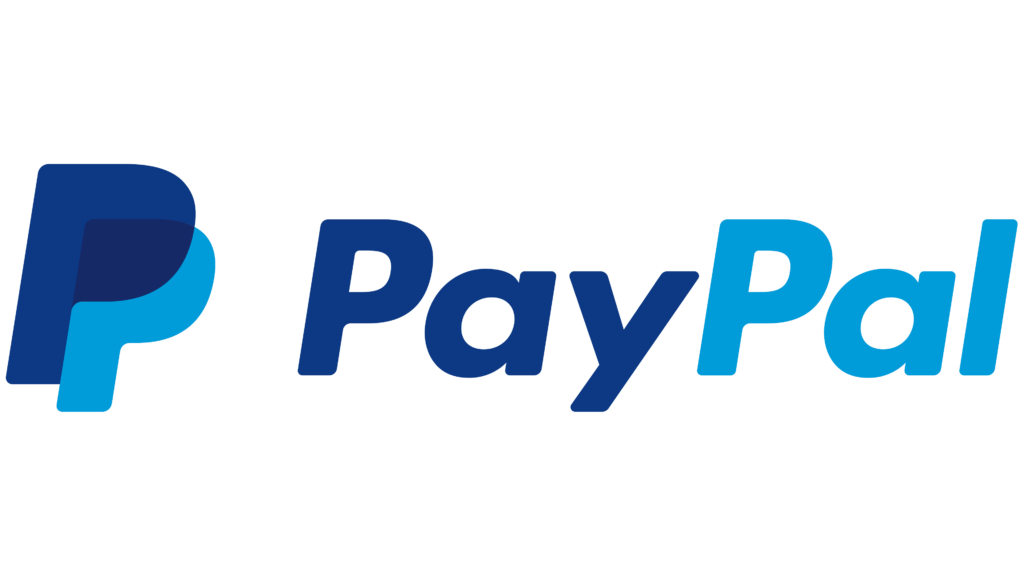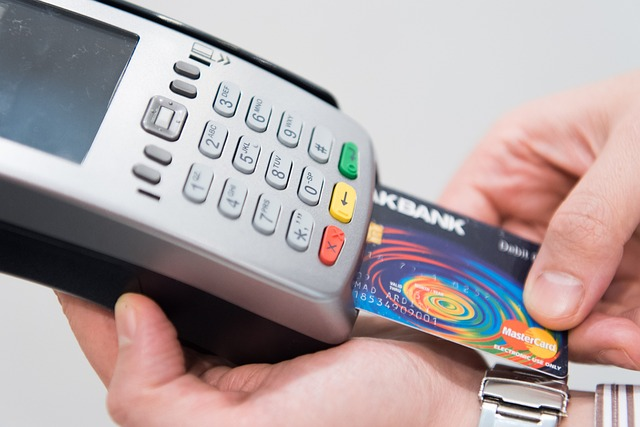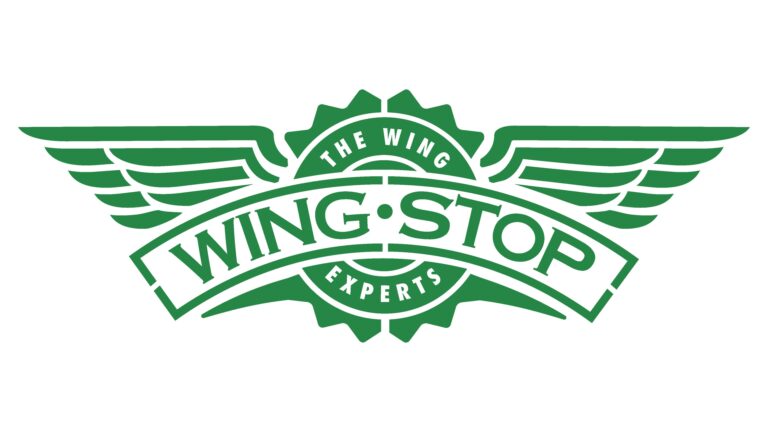What are PayPal Business Loans?
PayPal offers loans ranging from $5,000 to $500,000 based on various factors, such as your business’s financial history and performance. With PayPal business loans, you can access funds quickly and easily through your existing PayPal account. The application process is streamlined, and the repayment terms are designed to fit your business’s cash flow.
Various industries, such as retail, e-commerce, hospitality, and service-based businesses, can benefit from PayPal business loans. For instance:
- Retailers can utilize these loans to stock up on inventory during peak seasons.
- E-commerce businesses can invest in marketing campaigns or website enhancements.
- Service-based companies can use funds for equipment upgrades or staff training.
PayPal Business Loan Pros & Cons
Here’s a summary of the benefits and drawbacks of PayPal business loans.
Pros:
- Fast approval process.
- Flexible repayment options.
- No collateral required.
- Competitive interest rates.
- Accessible to businesses with lower credit scores.
Cons:
- Limited loan amounts.
- Repayment through daily deductions from PayPal sales.
- Not suitable for startups or very small businesses.
- Potential for higher fees compared to traditional bank loans.
- Limited to businesses with a PayPal account.
- The company is scaling back on business lending.
Why is PayPal pulling back on Business Loans?
PayPal’s loans and merchant cash advances in 2023 are down significantly compared to 2022. Through the first three quarters of 2023, it purchased $1.3 billion in receivables. It purchased $2.3 billing during the same period in the previous year.
One of the primary reasons is the increase in charge-offs. Per a disclosure from the company cited in the deBanked article, The increase in the charge-offs for the nine months ended September 30, 2023, compared to the same period of the prior year was due to the expansion of acceptable risk parameters in 2022, which resulted in a deterioration of the overall credit quality of loans outstanding.
So, their decision to scale back lending is largely due to an internal policy change on underwriting requirements, resulting in approving riskier loans. However, the increase in chargebacks could be a larger issue in the industry.
Chargebacks & Their Impact on Small Business
Credit card chargebacks occur when a customer disputes a charge on their credit card statement with their card issuer. This can happen for various reasons, such as unauthorized transactions, defective merchandise, or dissatisfaction with the product or service.
Chargebacks can be a significant source of frustration and financial loss for small business merchants. Not only do chargebacks result in the loss of the sale amount, but merchants may also incur additional fees and penalties.
Furthermore, excessive chargebacks can damage a merchant’s reputation and lead to higher processing fees or even the termination of their merchant account. Small business owners need to have clear policies and procedures in place to prevent chargebacks and to manage them when they do occur effectively.
Who qualifies for PayPal Business Loans?
Small businesses must have a PayPal Business or Premier account active for at least three months to qualify for PayPal business loans. They should have processed a minimum of $15,000 in annual PayPal sales if they have a Premier account and $20,000 if they hold a Business account.
PayPal evaluates the applicant’s PayPal sales history, credit score, and any previous borrowing and repayment activities with them. They also consider the business’s financial health and industry performance to assess its ability to repay the loan.
While there is no minimum credit score requirement specified by PayPal, having a good credit score significantly enhances the chances of approval. Moreover, meeting the revenue thresholds demonstrates the business’s stability and potential to handle loan repayments.
What are my available Small Business Loan options?
While PayPal might be scaling down its lending options, you can still access robust business loans from many lenders. Our lender network is unaffected by PayPal’s decision.
You may be interested in one of the following small business loans.
Bad Credit Business Loans
- Max Amount: $1 – $5 million.
- Factor Rates: Starting at 1-6% p/mo.
- Term: 3 months – 5 years.
- Funding Speed: 1 – 3 business days.
Bad credit business loans are a financing option for small businesses with poor credit scores. These loans are designed to provide access to capital for businesses that may not qualify for traditional bank loans.
Lenders who offer bad credit business loans typically consider other factors, such as business revenue and cash flow, in addition to credit history. While interest rates may be higher, these loans can be a valuable resource for small businesses needing funding.
Business Line of Credit
- Max Amount: $1 – $1 million.
- Factor Rates: Starting at 1% p/mo.
- Term: Up to 36 months.
- Funding Speed: 1 – 3 business days.
Business lines of credit are a flexible form of financing for small businesses. They provide access to a revolving credit line that can be used for various business expenses, such as inventory purchases, equipment upgrades, or cash flow management.
Small businesses can draw funds as needed, up to a predetermined credit limit, and only pay interest on the amount borrowed. This type of financing can help small businesses manage their cash flow and seize growth opportunities.
Business Loans for Women
- Max Amount: $1 – $10 million.
- Factor Rates: Starting at Prime + 2.75%.
- Term: 3 months – 25 years.
- Funding Speed: 1 business day to several weeks, depending on the loan.
Business loans for women are specialized financial products designed to support female entrepreneurs in starting or expanding their businesses. These loans often come with favorable terms and lower interest rates to help address the gender gap in access to capital.
They can be used for various purposes, such as purchasing equipment, hiring staff, or investing in marketing efforts. Many financial institutions and alternative lending options offer business loans specifically tailored to the needs of women-owned businesses.
Business Term Loans
- Max Amount: $10 – $5 million.
- Factor Rates: Starting at 1-4% p/mo.
- Term: 3 months – 5 years.
- Funding Speed: 1 – 3 business days.
Business term loans are a standard financing option for small businesses. These loans provide a lump sum of capital repaid over a fixed term, typically with a fixed interest rate.
Small businesses can use term loans to fund various needs such as expansion, equipment purchases, or working capital. The repayment terms and interest rates can vary depending on the lender and the business’s creditworthiness. Term loans allow small businesses to access the funds they need to grow and thrive, with the predictability of fixed payments over time.
Equipment Financing
- Max Amount: Up to $5 million per piece of equipment.
- Factor Rates: Starting at 3.5%.
- Term: 1 – 10 years.
- Funding Speed: 3 – 10 business days.
Equipment financing for small businesses involves obtaining funds to purchase or lease equipment necessary for operations. This can include machinery, vehicles, technology, or other essential tools.
Small businesses can secure equipment financing through traditional lenders, alternative lending, or specialized equipment financing companies. This type of financing allows small businesses to acquire the equipment they need without paying the total cost upfront, helping them manage cash flow and grow their operations.
Invoice Factoring
- Max Amount: $10k – $10 million.
- Factor Rates: Starting at 1% p/mo.
- Term: Up to 24 months.
- Funding Speed: 1 – 2 weeks.
Invoice factoring is a financing option for small businesses where they sell their accounts receivable to a third-party company at a discount. This provides immediate cash flow for the business, as they receive a percentage of the invoice amount upfront.
The factoring company then collects the full amount from the customer. This can benefit businesses with slow-paying customers or seasonal fluctuations in cash flow.
Merchant Cash Advance
- Max Amount: $5k – $1 million.
- Factor Rates: Starting at 1-6% p/mo.
- Term: 3 – 24 months.
- Funding Speed: 1 – 2 business days.
Merchant cash advances are a form of financing for small businesses where they receive a lump sum of capital upfront in exchange for a percentage of future credit card sales. The advance is repaid through a fixed percentage of daily credit card sales, making it a flexible option for businesses with fluctuating revenue. This alternative lending option can provide quick access to funds without extensive credit checks or collateral.
Revenue-Based Financing
- Max Amount: $5k – $5 million.
- Factor Rates: Starting at 1-6% p/mo.
- Term: 3 – 24 months.
- Funding Speed: 1 – 2 business days.
Revenue-based financing for small businesses is a type of funding where a company receives capital in exchange for a percentage of its future revenue. This alternative lending option allows small businesses to access funds without taking on additional debt or giving up ownership stakes. The repayment is tied to the company’s sales, making it a flexible and attractive option for businesses with fluctuating revenue streams.
SBA Loans
- Max Amount: $50 – $5.5 million.
- Interest Rates: Starting at Prime + 2.75%.
- Term: 10 – years.
- Funding Speed: Several weeks.
SBA loans provide low interest rates and flexible terms, making them an attractive option for small business owners. The Small Business Administration (SBA) partially guarantees the loans up to 85%.
SBA loans come in various forms, including general small business loans, microloans, and real estate and equipment loans. They are designed to support small businesses that may not qualify for traditional bank loans.
ERTC Advance
An ERTC advance is a financing option available to companies that qualify for the Employee Retention Tax Credit (ERTC), also called the Employee Retention Credit (ERC). This pandemic-era policy provided a tax incentive for businesses that retained employees between March 2020 and September 30, 2021, despite the pandemic’s impact.
Eligible businesses can retroactively claim the credit. However, the IRS has a backlog of requests and has issued a temporary moratorium.
Frequently Asked Questions
Here are the most common questions about the impact of PayPal reducing business loans on the business financing industry.
What are the current trends in Small Business Lending?
Although they are the backbone of many communities and industries, small firms suffer serious financial challenges. According to recent research, 59% of small businesses reported being in fair or poor financial condition (Federal Reserve Banks’ Small Business Credit Survey).
The percentage of small enterprises facing financial difficulties has increased significantly in the last few years, with 85% reporting difficulties in 2021 alone. This trend, which has increased by nearly 20 percentage points since 2019, emphasizes the continued difficulties small firms encounter.
Furthermore, only 42% of small businesses report that their funding needs are satisfied, indicating a significant deficiency in financial services for these companies. Most of them get their financial services from one of two banks: big or small.
Businesses are using traditional financing less, and the process has become more complicated. In 2021, only 31% of applicants got all the money they requested, down from 51% in 2019. In general, fewer candidates are now receiving all of the funding they submitted applications for.
The good news is that small business debt has dropped from 80% in 2020 to 74% in 2021, with most organizations having debt of $100,000 or less. Thus, companies are managing their debt and navigating finance despite obstacles.
Alternative Lending and Government-Backed Loans
One trend is the rise of online and alternative lenders, which offer faster and more flexible loan options than traditional banks. This has made it easier for small businesses to access the funding to grow and expand.
Additionally, there is a growing emphasis on data-driven lending decisions, with lenders leveraging technology and data analytics to make more accurate risk assessments and offer personalized loan products. Another trend is the increasing popularity of government-backed loan programs, such as the Small Business Administration (SBA) loans, which provide guarantees to lenders and make it less risky for them to extend credit to small businesses.
What does PayPal’s decision to Reduce Loans mean for the future of Business Lending?
PayPal, Square, and Shopify have all expanded their payment processing reach to assist small business owners with financing. This is part of the larger overall trend of alternative business funding.
PayPal business loans sought to offer financing to merchants and small business owners who couldn’t qualify for traditional bank loans. While pulling back on small business funding may impact customers seeking PayPal Business loans, it’s unlikely to affect other lenders or financing options.
However, the reason behind the pullback may concern merchants who rely on credit card payments. PayPal states its decision is based on an increase in chargebacks. Although it experienced that increase in large part due to changes in its credit policies, businesses should be aware of the increase in chargebacks overall.
According to one report, chargebacks and friendly fraud have increased by 19%. This trend is a continuation of what Aurora Payments called “The Great Chargeback Surge of 2022.” In that article, it’s theorized that the increase in chargebacks is a latency effect from the financial turmoil of the COVID-19 Pandemic.
Hopefully, chargeback rates will normalize as the economy continues to rebound. However, you should pay attention to this trend as it could impact your business. Higher chargeback rates could lead to increased payment processing fees and impact your overall revenue, which could affect your business loan options.
PayPal Business Loan Scale Back – Final Thoughts
The news of PayPal pulling back on business funding can be a concern about the overall state of alternative financing. While small business owners continue to struggle with traditional financing, alternative solutions have typically grown over the past 15 years.
Fortunately, the decision is specific to PayPal’s in-house financial stability and not reflective of more significant industry trends. You still have access to our network’s complete suite of lending products.
However, it would be best to keep an eye on the increase in chargeback rates. That could present an issue for any small business that processes a high volume of credit card transactions.
Contact us if you have more questions or to apply for a small business loan. Our alternative funding experts can help you find the best financing options for your business needs.











